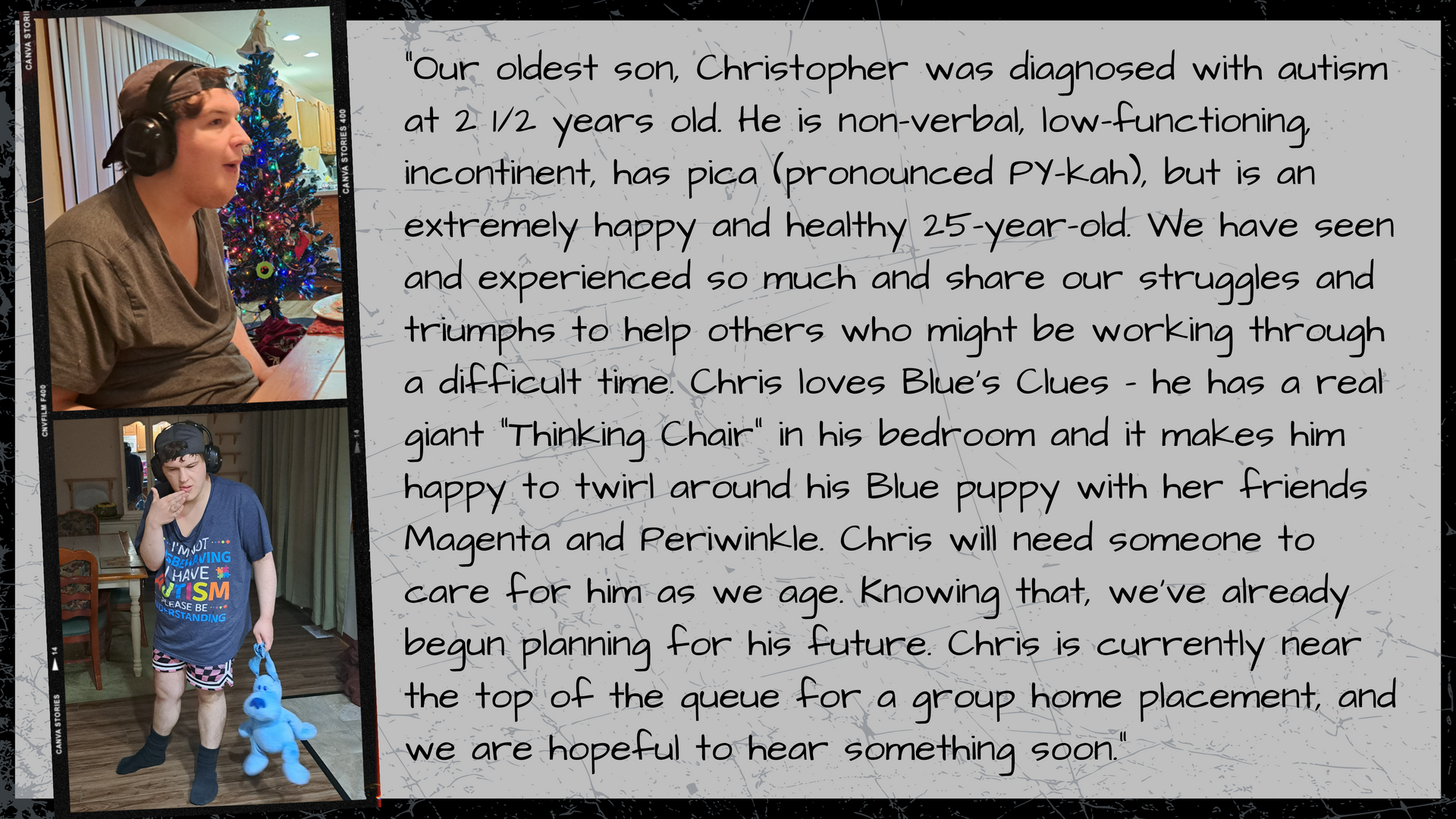
Autism Acceptance Month
Education, resources and ways to get involved and join efforts to celebrate differences this April.
April is Autism Acceptance Month and Jim Miller, Quality Technician at Olympic Steel’s Chambersburg, PA division, wants to share his story and experience following his son’s diagnosis over 20 years ago.

WHAT IS AUTISM?
Autism Spectrum Disorder (ASD) is a complex neurodevelopmental condition that affects people in various ways, shaping how they perceive the world and interact with others. As awareness of autism grows, let’s address a few myths to help foster understanding and acceptance.
Myth: Autism is rare.
Fact: Autism is more common than many people realize. According to the Centers for Disease Control and Prevention (CDC), approximately 1 in 54 children in the United States is diagnosed with autism. This prevalence underscores the importance of understanding and supporting individuals with autism in our communities.
Myth: Autism is a single condition with uniform symptoms.
Fact: Autism is a spectrum disorder, which means it manifests differently in each individual. While some may experience challenges with social interaction and communication, others may excel in certain areas such as mathematics, music, or art. Understanding this diversity is essential for recognizing and respecting the unique strengths and abilities of individuals with autism.
Myth: Individuals with autism lack empathy or emotion.
Fact: People with autism experience emotions and empathy just like anyone else. However, they may express and interpret these feelings differently. It's important to recognize and appreciate their unique perspectives and communication styles, fostering inclusive environments where they feel understood and accepted.
Myth: Autism is a childhood condition that individuals outgrow.
Fact: Autism is a lifelong condition, but with appropriate support and interventions, individuals with autism can lead fulfilling and meaningful lives. Early diagnosis and access to tailored therapies and services are critical for maximizing outcomes and empowering individuals to reach their full potential across the lifespan.
PROMOTING AUTISM ACCEPTANCE
Whether you’re directly affected by an autism diagnosis or not, you can help support others through education, advocacy, empathy and support.
- Education: Promote understanding of autism through awareness campaigns, workshops, and educational materials. Encourage schools, workplaces, and communities to implement inclusive practices that accommodate the diverse needs of individuals with autism.
- Advocacy: Support advocacy efforts to advance policies and legislation that promote inclusion, access to services, and equal opportunities for individuals with autism and their families.
- Empathy: Foster empathy and acceptance by encouraging open dialogue and dispelling stereotypes about autism. Encourage individuals to listen to and learn from the experiences of those with autism and their families.
- Celebrate Differences: Embrace neurodiversity by celebrating the unique talents and perspectives of individuals with autism. Create opportunities for them to showcase their strengths and contribute to society in meaningful ways.
- Support: Offer support and resources to individuals with autism and their families, including access to healthcare, therapy, vocational training, and social services. By working together, we can create a more inclusive and accepting world for everyone, regardless of neurodiversity.
By challenging misconceptions, promoting acceptance, and embracing the diversity of autism, we can create a more inclusive society where individuals with autism are valued, respected, and empowered to thrive.
Following are additional resources to help you learn more or get involved:
